Plants
-
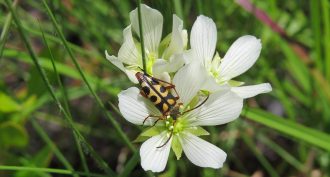 Plants
PlantsVenus flytraps tend not to eat their pollinators
A first-ever study of what pollinates a Venus flytrap finds little overlap between the critters that serve as pollinators and those that are prey.
-
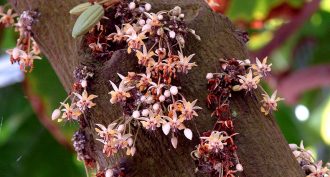 Plants
PlantsBlooms on ‘chocolate’ tree are crazy-hard to pollinate
The cacao trees must be pollinated or those seeds that give us chocolate will never form. The rub: The trees’ flowers challenge all but some of the tiniest pollen-moving insects.
By Susan Milius -
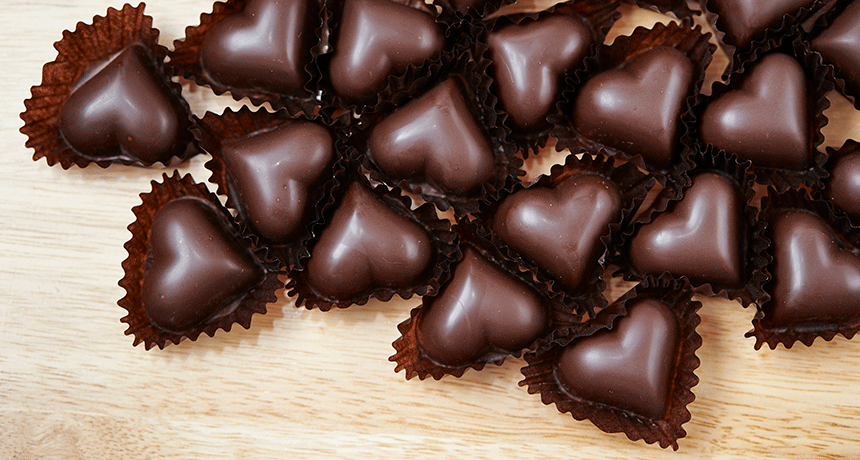 Plants
PlantsIncreasingly, chocolate-makers turn to science
Chocolate is delicious and may even have health benefits. To make sure there’s enough to go around, scientists are growing heartier cacao trees.
-
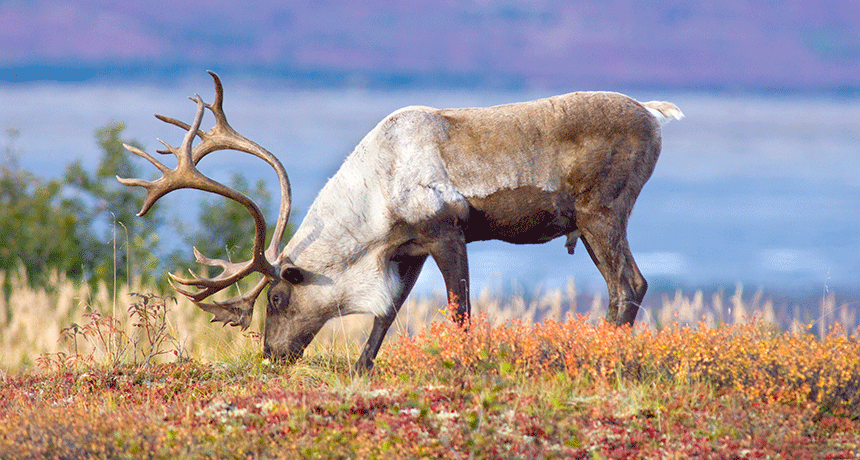 Ecosystems
EcosystemsHere’s why scientists have been fertilizing the Arctic
For more than 30 years, scientists have been fertilizing small parcels of Arctic tundra. Here’s what happens when you push an ecosystem to the brink.
-
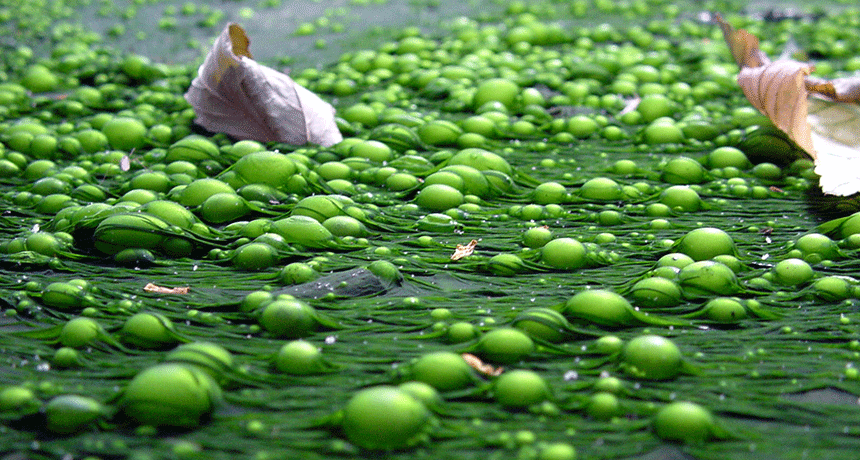 Plants
PlantsExplainer: The fertilizing power of N and P
Two elements — nitrogen and phosphorus — help plants grow. When the soil doesn’t have them, farmers might add them in the form of fertilizer.
-
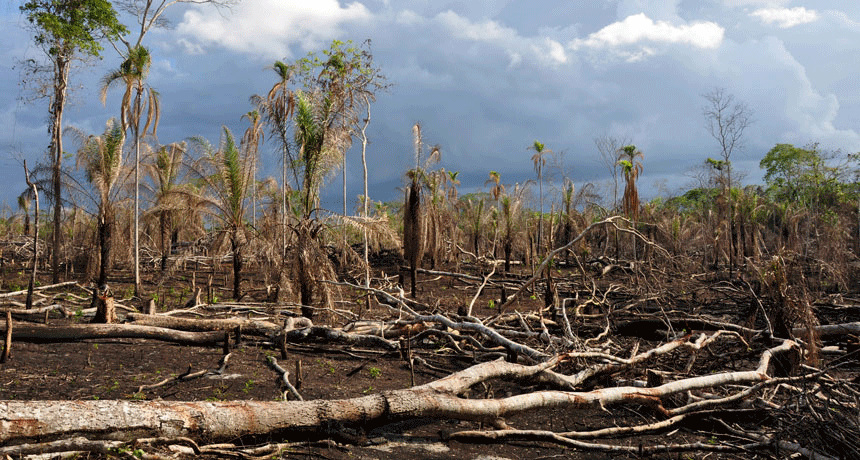 Environment
EnvironmentTropics may now emit more carbon dioxide than they absorb
Analyses of satellite images suggest that degraded forests now release more carbon than they store.
-
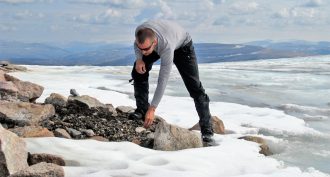 Climate
ClimateThawing mosses tell a climate change tale
Plants long entombed beneath Canadian ice are now emerging. They’re telling a story of warming unprecedented in the history of human civilization.
-
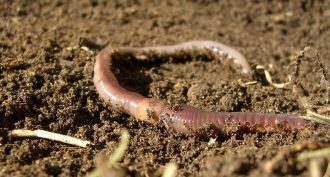 Plants
PlantsEarthworm invaders may be stressing out some maples
Worms are great for soil when ecosystems have evolved with them. But in earthworm-free places, like parts of the U.S. Upper Midwest, they can cause problems for plants and animals.
-
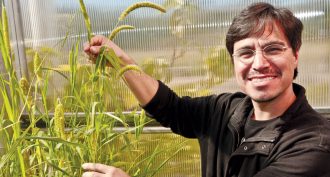 Plants
PlantsCool Job: Rethinking how plants hunt for water
Studies probing the very beginnings of root development may have important implications for growing food in a world where the climate is changing.
By Susan Milius -
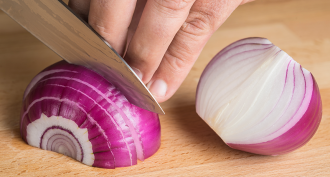 Chemistry
ChemistryWhy onions make us cry
Researchers add another piece to the molecular puzzle biochemists have tried to solve for decades — why onions can make our eyes tear up.
-
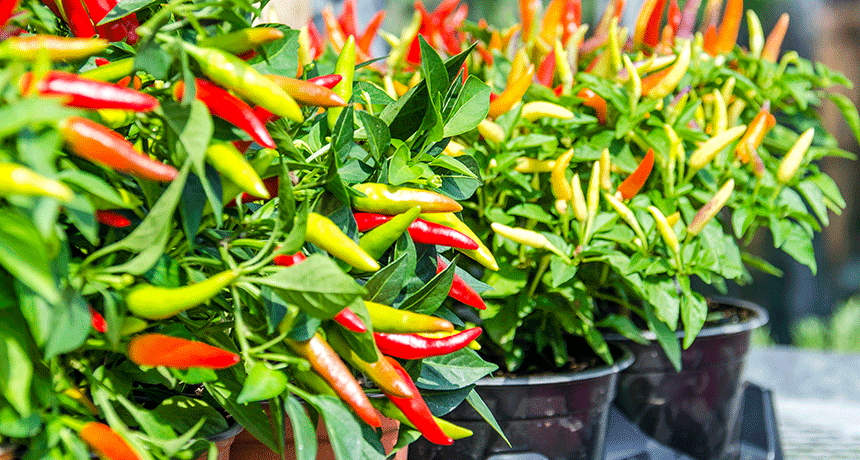 Chemistry
ChemistryScientists Say: Capsaicin
This chemical is produced by pepper plants and gives them their hot flavor.
-
 Agriculture
AgricultureScientists Say: Domestication
Domestication is the process of deliberately taking a wild organism — a plant or animal for instance — and making it a part of our daily lives.